Eight Tips to Better Sleep
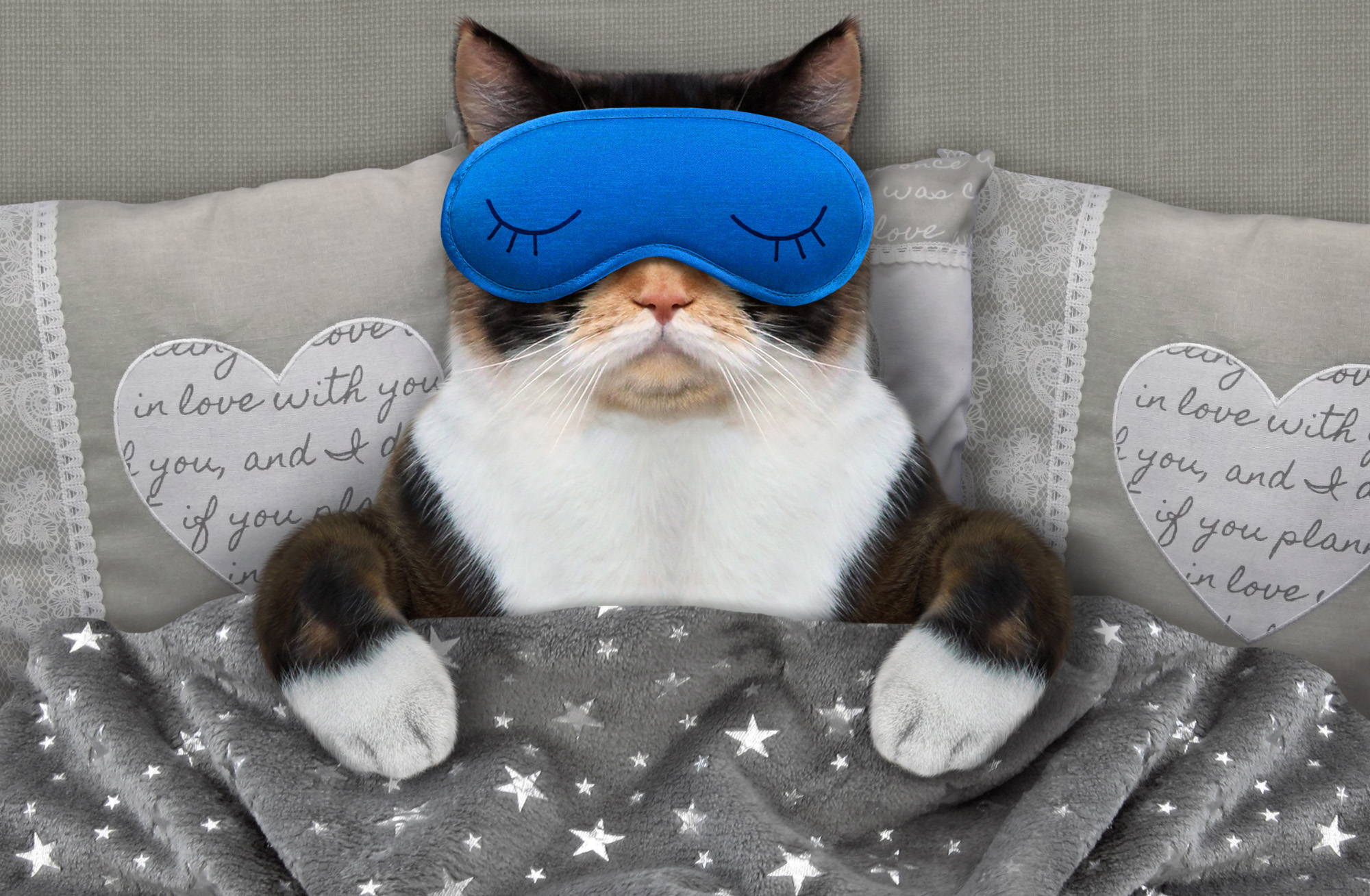
Eight Tips to Better Sleep
Because counting sheep never works
We all know the feeling: you brush your teeth, flip off the lights, and slip into bed—but nothing happens. You can’t seem to fall asleep. Now, you’re stuck stressing about getting to sleep, which in turn keeps you awake… It’s a tough cycle to break.
With many of us still recalibrating after losing an hour of sleep from Daylight Saving, we tapped the shoulder of Sanford Auerbach, a Chobanian & Avedisian School of Medicine associate professor of neurology and director of the Boston Medical Center Sleep Disorders Center, for some tips on how to fall asleep a little faster.
1. Focus on relaxation
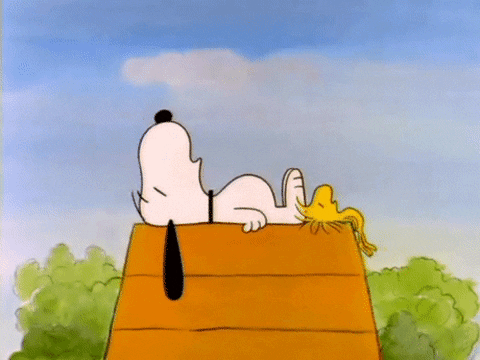
Bedtime is for disconnecting and de-stressing, not checking your feed and socializing. To get to sleep more easily, try to sleep away from where you study and socialize. This helps your body get into “sleep mode.”
2. Put the phone down
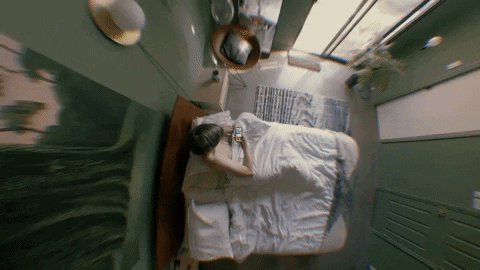
The blue light that smartphones emit tricks your brain into thinking it’s daytime. Using your phone around bedtime can interfere with your body’s natural sleep cycle. Most phones have the option to turn the blue light off, so if you are going to use your phone in or around your bed, turn that light off. While your phone still stimulates the brain and makes it harder to sleep, turning off the blue light may help slightly.
3. Manage your phone settings
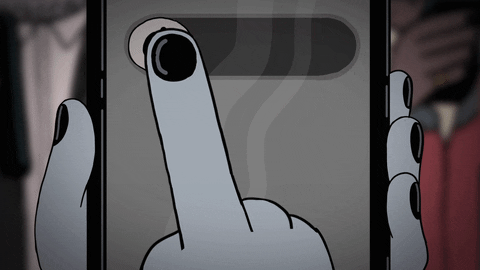
Make sure your notifications don’t constantly interfere with your sleep. Pings from apps can wake you up in the middle of the night and decrease the quality of your sleep. Turn your ringer on for calls only. This way you’re reachable in an emergency, but you’re not sacrificing your shut-eye.
4. Set the mood

Playing relaxing sounds or music can help you get to sleep faster. If you’re having trouble sleeping, try to find music or sounds that get you feeling mellow. This could be anything from classical music to the sound of a distant thunderstorm. Everybody is different, so find what works for you.
5. Keep off the caffeine
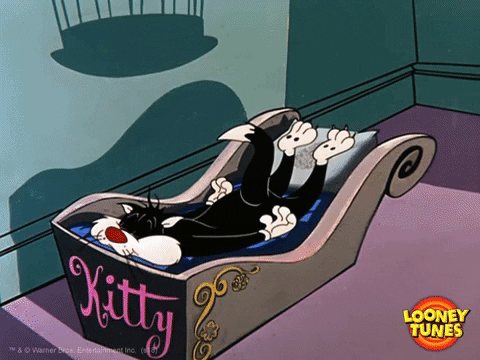
This one should go without saying: avoid drinking caffeine before bedtime. Because it’s a stimulant, caffeine makes it difficult for your brain to relax. For the best quality sleep, try to keep your coffee drinking to the mornings only.
6. Take some melatonin

If you know you need to get to sleep, try taking some melatonin. Unlike other sleep medications, with melatonin, there’s a relatively low risk of negative effects. If you have something you need to wake up early for, try taking some to get to sleep faster. Don’t rely on melatonin every night, but it works great in a pinch.
7. Set up your room
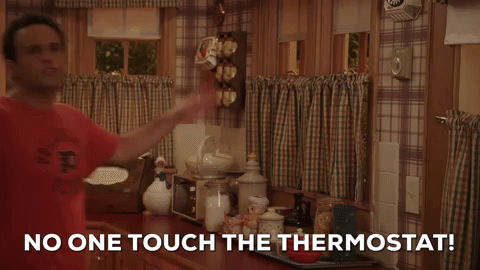
If you’re having trouble sleeping, it could have to do with your room. Is it too hot when you’re trying to sleep? Too cold? To make your bedroom conducive to falling asleep, try setting the temperature, cleaning your room, and getting rid of any unwanted lights or noise.
8. Take up a relaxing ritual before bed

To really get yourself in the relaxation mindset, find something that gets you feeling mellow and do it before bed. Some popular choices: taking a warm shower or bath, reading a book, meditation. These activities can help the mind shift from daytime to bedtime.
Now get some rest and don’t let the bedbugs bite, Terriers.
Comments & Discussion
Boston University moderates comments to facilitate an informed, substantive, civil conversation. Abusive, profane, self-promotional, misleading, incoherent or off-topic comments will be rejected. Moderators are staffed during regular business hours (EST) and can only accept comments written in English. Statistics or facts must include a citation or a link to the citation.